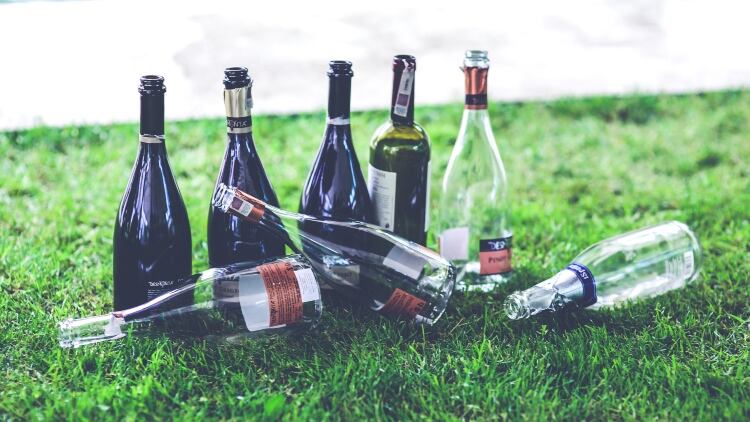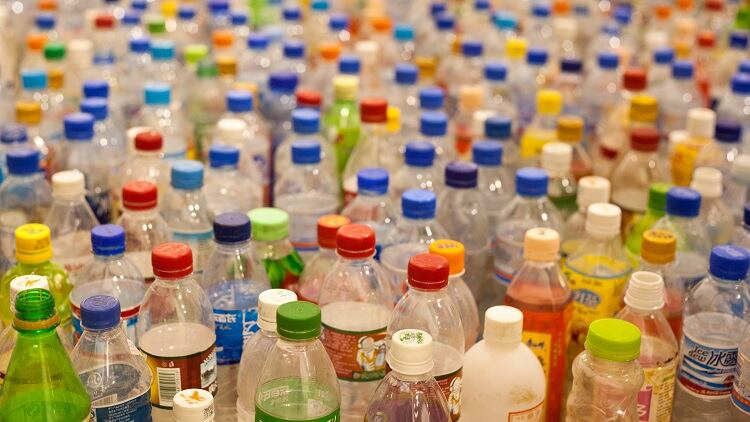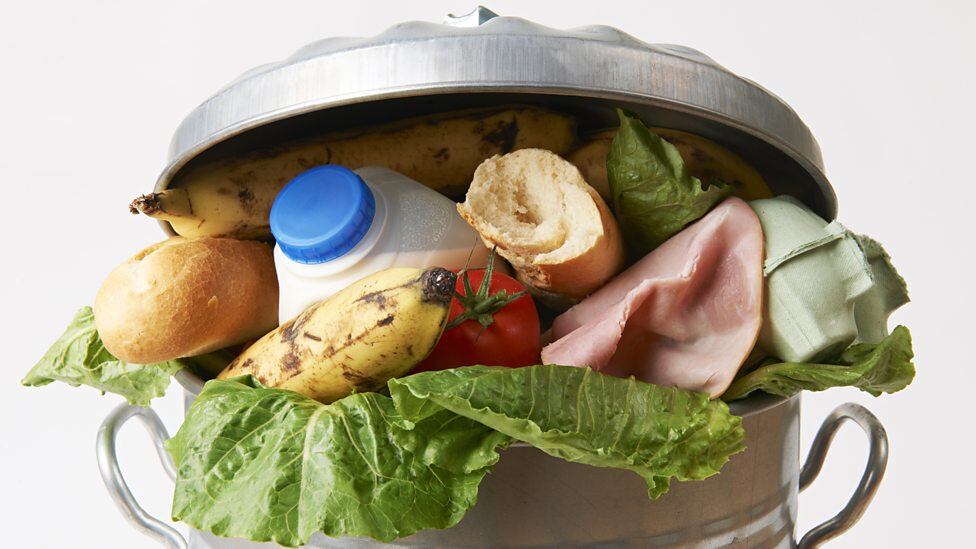Environment secretary Roseanna Cunningham told MSPs assembled at Holyrood, Edinburgh, that a “return to retail” deposit return scheme (DRS) for plastic drinking containers, cans and glass would be introduced in Scotland towards the end of 2020 or start of 2021.
This means that a 20p deposit would be added to the price of a single-use drinks container between 50ml and up to three litres bought from a shop, which customers could reclaim by returning the empty can or bottle.
However, while Cunningham revealed that businesses selling drinks opened and consumed on site such as pubs and restaurants won’t be forced to charge their customers a deposit, drinkers can return their finished can or bottle to the bar for recycling and receive 20p in return.
According to the House of Commons Environmental Audit's 2017 report, only half of the 13bn plastic bottles sold in the UK every year are recycled, with £778m spent in 2015-16 clearing plastic litter and enforcing laws.
Flexibility for pubs
British Beer & Pub Association and Scottish Beer & Pub Association (SBPA) chief executive Brigid Simmonds praised the announcement for providing “greater clarity” for Scotland’s beer and pub industry.
“We are also glad the cabinet secretary has listened to the nation’s pubs by allowing them to decide whether or not to pass on the deposit to the customer, or to operate a ‘closed-loop’ system, which works directly between pub and supplier.”
However, Simmond expressed that the “deeply disappointing” inclusion of glass in the scheme could pose problems for smaller pubs.
“Including glass inside a DRS substantially increases costs and adds complexity to the system,” she explained. “This will impact consumers and creates significant challenges for Scotland’s pubs. Many pubs simply do not have the storage space for glass. It cannot be crushed and therefore the storage requirements are huge for smaller premises in pubs or small shops.”
Worrying for brewers
Simmonds added that alcohol producers could bear the brunt of the new scheme, stating that she remained “concerned” about the impact the scheme in Scotland could have on the rest of the UK.
“Producing separate bottles for a Scottish market will add considerable costs for producers and it would be much better if there was a system which worked on a UK-wide scale,” she explained.
“Not only would this limit the impact on businesses and jobs in Scotland, but it would help reduce incentive for fraud. Setting a deposit of 20p has the potential for undermining minimum-unit pricing and will make a low-alcohol product like beer more expensive than higher alcohol drinks.
“A positive of the proposed system is that it will be industry-run on a not-for-profit basis. Best practice from around the world shows this is the best way to ensure an efficient, well-run system.”
Society of Independent Brewers (SIBA) head of public affairs James Calder agreed that the return scheme could saddle small independent brewers with harmful additional costs if they’re forced to create bespoke labelling or packaging for distribution in Scotland.
“While craft brewers are keen to do their bit for the environment, this announcement is worrying for small independent brewers who sell beer in Scotland,” he explained. “The costs placed on small businesses like craft brewers will harm them disproportionately compared to global brewers that can act on a huge scale.
“It is good news, however, that the Scottish government has listened to the concerns of brewers and exempted pubs, taprooms and restaurants who sell bottles and cans for consumption on-site.”
Potential for exploitation
“It is encouraging to see the proposed measures consider the difficulties that hospitality venues would face under an inflexible deposit return scheme, although we are still concerned about the scheme as a whole,” UKHospitality executive director for Scotland Willie Macleod explained in response to the announcement.
“Hospitality venues tend to operate in busy service environments where drinks are, by and large, bought for consumption on the premises. Drinks bought and sold in venues such as pubs, hotels, bars and restaurants are done so in a closed loop.
“The scheme does account for this and avoids the potential for businesses such as pubs, hotels or restaurants to be inundated with returns purchased in supermarkets or other shops.
“Although the scheme does provide some breathing room for hospitality, there is still the potential for it to be fraudulently exploited. Additionally, if Scotland-specific packaging is required to mitigate the potential for fraud, then customers could end up with much less choice and higher costs.
“The scheme in Scotland may be used as a model for the rest of the UK, but it is disappointing that we don’t already have a cohesive, UK-wide approach in place.”




